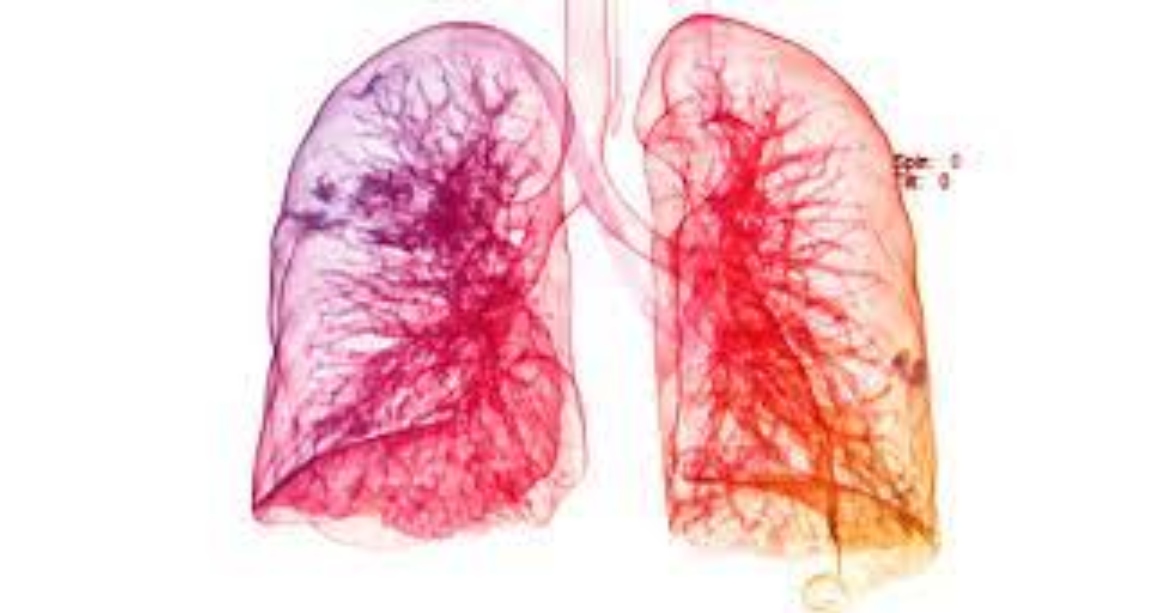
Empyema is a health complication that affects your pleural space (the space enclosed by a thin tissue covering your lungs and inner chest wall cavity). If not treated, it can have life-threatening implications. We provide holistic empyema treatment in Gurgaon, Delhi to ensure the complete wellbeing of our patients. Our healthcare professionals ensure a complete diagnosis of the issue and recommend the most suitable empyema treatment procedures.
Empyema is an infection that results in pus formation in your pleural space. This is the space enclosed by the pleura, a thin tissue covering your lungs and inner chest cavity. The pus formed due to empyema is thick and discolored. It is secreted by your body to fight the infection and keep your body safe. The pus contains dead tissue, white blood cells, and bacteria.
While the pus is secreted by your body for protection, it needs to be removed in time to prevent further health complications. Without adequate empyema treatment, the issue can get worse and turn fatal as well. Make sure you seek medical attention immediately if you experience even mild empyema symptoms.
It is important to note that empyema is not a COPD (chronic obstructive pulmonary disease). COPD is a set of diseases affecting the lungs, such as emphysema, bronchitis, and more. In most cases, doctors see empyema as one of the symptoms in people suffering from COPD.

Empyema can affect people of all ages, body types, and lifestyles. However, you are more susceptible to the issue if:
Typically, empyema is caused when an infection from your lungs spreads to your pleural space. While pneumonia is the most common cause of empyema, other major causes include:
Here are a few major symptoms of empyema that should prompt you to seek suitable empyema treatment:
Generally, empyema develops around four to six weeks after bacteria enter your body. It is also important to know that empyema is not contagious. If you suffer from the issue, rest assured that you won’t be transmitting it to anyone in your proximity.
When you visit your doctor and inform them about your symptoms, they will diagnose the issue after going through your medical history and conducting a physical examination. If they feel the likelihood of empyema, they will collect a fluid sample from around your lungs to diagnose the disease.
Here are a few of the major tests your doctor may recommend for empyema diagnosis:
Once diagnosed, empyema can be treated effectively, helping you return to your healthy and normal life. The empyema treatment involves removing the unwanted pus from your pleura space and tackling the infection in your body with antibiotics.
Your doctor will remove the pus using thoracentesis during the early stages of empyema. They will inject a local anesthetic into your skin and deeper tissue with a thin needle. Then, they will attach a larger needle or catheter device to remove the pus and make it flow outside your body using a drainage tube. If this drainage is not sufficient, your doctor will try breaking the pus using fibrinolytic therapy.
In the later empyema stages, your doctor may perform more invasive procedures, such as performing an empyema surgery to remove the fibrous tissue, a video-assisted thoracic surgery (VATS), or a thoracotomy.
For mild empyema cases that do not require empyema surgery, doctors recommend the use of antibiotics, such as:
Typically, antibiotics take around two to six weeks to work on your body. Make sure you take your full course of medicines if your doctor prescribes antibiotics for empyema treatment. Not taking the full course can cause the issue to return, making it more difficult to cure.
If your doctor has performed thoracentesis, you are likely to feel sore for up to a week. In the case of invasive procedures, you may take four to six weeks to recover completely.
If you want to prevent issues like empyema, the only way to do so is to treat any lung infection without any delay. Know that empyema is not a common disease. If diagnosed soon, most cases do not get to later stages and prove to be fatal.
It is also important to know the difference between empyema and pneumonia. While pneumonia is an infection that affects one or both of your lungs, empyema affects your pleural space. If not treated on time, pneumonia can give rise to empyema by spreading from the lungs to the pleural space. If you are experiencing symptoms of pneumonia, make sure you get yourself treated before the issue gets worse.
Copyright 2026 © Dr .Parveen Yadav all rights reserved.
Proudly Scaled by Public Media Solution!